In this passage Nicodemus, a respected religious leader comes to Jesus by night to discuss his identity. Jesus's response teaches us one of the most fundamental truths of Christianity: we must be born again or we cannot see the Kingdom of God. What does Jesus mean by this? How is one born again? What does this have to do with each one of us? This new birth is a miracle of God wrought in us by his Spirit. Reflecting on the doctrine of regeneration leads us to gratitude for the gift of salvation.
The Better Temple (John 2:13-25)
In this passage, we see one of the most shocking accounts of Jesus' life and ministry. Did Jesus actually get so angry that he drove merchants out of the temple with a whip? Yes, he did. And his words following this event are even more staggering. Not only is Jesus zealous for true worship; he also refers to himself as the temple; the place of true worship. As we study this passage, we see that true worship doesn’t primarily happen in a place but through the person of Jesus Christ.
The Better Wine (John 2:1-11)
In this passage, we look at the first sign of Jesus; turning water into wine at a wedding banquet. Jesus not only miraculously provides wine; he gives the best wine to those at the banquet. What does this sign tell us about the person and work of Christ? What does it tell us about our situation of need? Studying this passage helps us answer these questions. And a closer look shows us how this miracle reveals the glory of Jesus and the overflowing joy found only in him.
The Fundamentals of Discipleship (John 1:35-51)
In this passage, we see the first disciples of Jesus begin their journey of life with him. As we get a glimpse of their stories we're brought back to the basics of what it means to be a disciple of Jesus Christ. Discipleship is not just adding a little religion to our lives or conforming to a set of morals, it's an invitation to examine, follow, share, and worship Jesus.
Behold The Lamb of God (John 1:19-34)
In this passage, we are introduced to the ministry of John the Baptist. The Old Testament scriptures told of one who would come to prepare the way for the Messiah. John was clear about his purpose: to point others to the coming Jesus. When Jesus arrives on the scene, John uses clear Old Testament imagery to identify Jesus, calling him the Lamb of God who takes away the sins of the world. John then willingly fades into the background as Jesus begins his earthly ministry.
God With Us (John 1:14-18)
In this passage, John tells us that the glorious Christ he has written about in previous verses has arrived. Jesus is God in the flesh; God revealed to us. Every human heart experiences a longing for the fullness of joy and satisfaction. John tells us that from the fullness of Jesus we have all received grace upon grace. John wants us to not only recognize who Jesus is but also to receive the fullness of grace that he has to offer us.
The Greatness of Christ (John 1:1-13)
After taking a big-picture look at The Gospel of John in our first study, we now begin Sunday walking through John’s Gospel. In the prologue to his work, John sets the stage for the rest of the gospel, making staggering observations about the greatness of Jesus. There is enough here to keep our minds and hearts engaged in countless hours of study and reflection. But this greatness is not distant or out of reach. John tells us that Jesus, the light, has entered into our darkness that we may become children of God. In this passage, the greatness of Christ is expressed through the love of Christ for a broken and sinful people.
Believe and Live (John 20:30-31)
In this brief passage, John tells us the purpose of his gospel account. The Apostle John labored not only to write but to give his life so that others may know the work and identity of Jesus. In summarizing the entire Gospel of John, these 2 verses help us answer the most important questions we could ever ask: What did Jesus do? Who is Jesus? How Should we respond? These aren’t hypothetical questions. How we respond to these questions is a matter of life and death.
Kingdom Vs. Worry (Matthew 6:25-34)
Everyone is a worrier in one way or another. Worry and anxiety reveal that we are dependant upon something or someone other than God to provide our greatest need. More than that, worry distracts us from the purposes of God for our lives, keeping us from the joy of a life surrendered to him. In this passage Jesus calls us to seek first the kingdom of God and his righteousness, entrusting all other things into his hands.
It's Time To Decide (Proverbs 9)
Proverbs 9 provides a crossroads for the reader. This Chapter is the end of the first part of Proverbs- an introductory section for the rest of the book. Wisdom sets a table before us, inviting us to a life of blessing. Folly sets a trap, inviting us to a life of curses. Solomon calls us to choose the life of wisdom, reminding us that such a decision must be guided by the fear of the Lord; reverential awe of God. Which path will you choose?

